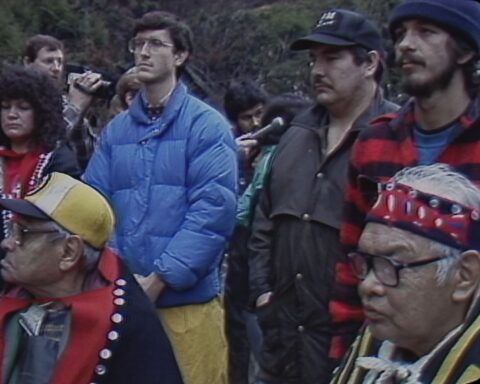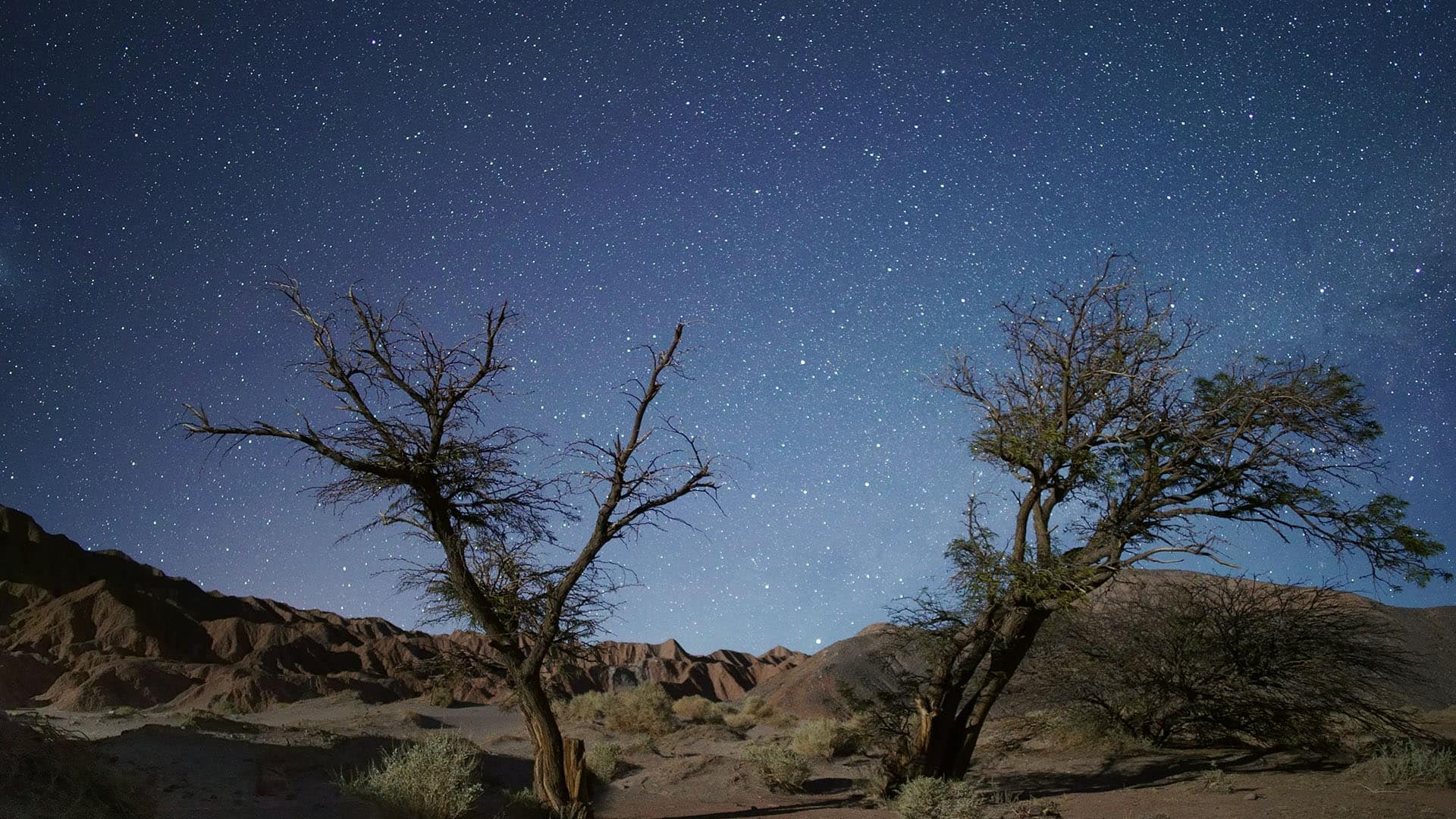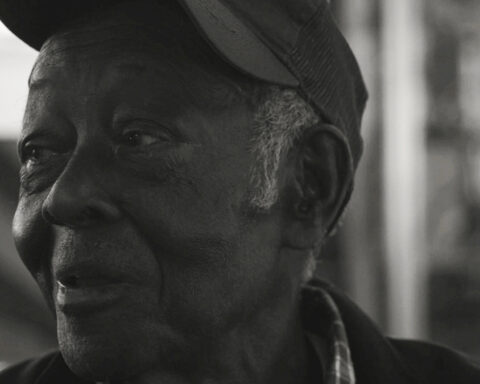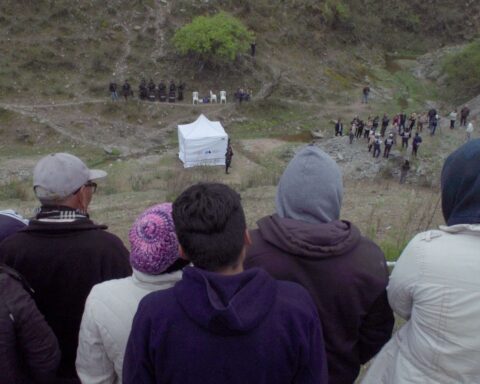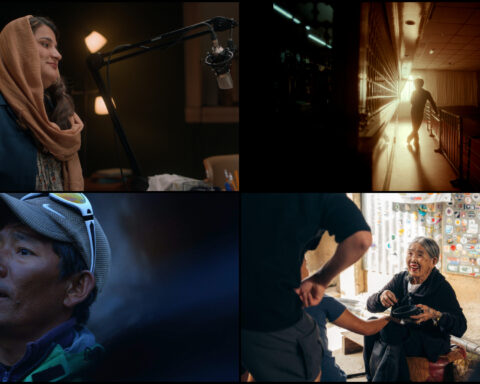Two weeks ago, TIFF unveiled its Galas and Special Presentations line-up, which has triggered some serious attention from international audiences. Here in Canada, the excitement has also mounted. The lineup features four Canadian titles, including films from such trailblazers as Patricia Rozema (Mouthpiece) and Kim Nguyen (The Hummingbird Project). The recently announced Canadian line-up, which includes several documentaries, offers a mix of veterans and newcomers.
While everyone is waiting for Canada’s largest film fest to kick off, MUBI is revisiting some of the recent works of Canadian filmmakers. A streaming service and online magazine, MUBI specializes in curating the classics and hidden gems of avant-garde and art house cinema. Unlike Netflix, MUBI adds a new title everyday, which becomes available to screen for the next 30 days.
This month, MUBI is featuring Canada’s Next Generation series that consists of 10 films by emerging Canadian filmmakers. The series opened with Ashley McKenzie’s critically acclaimed debut feature Werewolf. The film is a bracing sight of love and drug-addiction through the eyes of a young couple from Nova Scotia.
One of Canada’s most widely recognized young talents, Kazik Radwanski followed McKenzie with his feature How Heavy the Hammer. The film is partially based on Radwanski’s father and revolves around a depressed and estranged middle-aged family man who struggles to find interest in anything but video games.
MUBI’s lineup doesn’t fall short of Quebecois titles. Some French Canadian highlights include Sophie Goyette’s experimental feature Still Night, Still Light and political woman-led satire Boundaries by Chloé Robichaud.
The series’ documentary lineup consists of only two feature docs, which barely captures the richness of contemporary Canadian documentary landscape. And yet, their quality doesn’t disappoint. The Stairs by High Gibson looks at drug addiction in Toronto’s Regent Park community. This must-see doc took 5 years in the making and has been praised for its humanizing portrayal of the struggle endured by Regent Park’s residents. Reviewing it back at TIFF, POV’s Jason Gorber wrote, “The Stairs is a film that should help to shape a changing vision of our city, which has been lauded for its generosity but is struggling to deal with contemporary challenges involving race, immigration and poverty.”
Maison du Bonheur by Sofia Bohdanowicz is a poignant portrait of a 77-year old Parisian astrologer who has been living in the same Montmartre apartment for over 50 years. The subject’s quirky day-to-day habits and the amusing dynamic between her and the director make it for a lively watch. Bohdanowicz’s second feature also allures with its 16 mm aesthetics. “With absorbing narrative variety paired with great aesthetic unity,” wrote POV’s Chelsea Phillips-Carr while reviewing the film at Hot Docs, “Maison du Bonheur reverentially depicts the significance of a feminine legacy.” [Subscribe today to read an interview in our fall issue with Bohdanowicz on her new short Veslemoy’s Song, which premieres at TIFF.]
The third non-fiction film and the only short doc in the series is Guillaume Langlois’ Historytelling (2018). Unlike its feature length counterparts, Historytelling is yet to have its festival run outside Quebec.
The 11-minute observational documentary is a visual exposé of the cultural gap between two different schools in Quebec. Most of the youths in the first school are white, while the kids in the second school are predominantly Innu. Through documenting history lessons in both schools, Langlois demonstrates the way history is taught and understood depending on one’s cultural background.
The doc mostly centers around Innu youth and their rendition of Canada’s history. Even though the kids don’t plainly state it, Quebec’s history of colonialism and systemic endangerment of Innu people never leaves the classroom. One feels the intergenerational trauma through their wording, body language and even pauses between the lines.
Like any cinema verité, Historytelling is bare and stark, which makes its social commentary predictable. The presence of youth gives it a much needed vibrancy. However, some viewers may find it’s not enough to enliven a deserted narrative.
The short doesn’t entirely revolve around the region’s painful past. The film shows youths reconcile with their history and make sense of the present. It also points out the importance of language and tradition in preserving one’s community and ensuring a stable future.
Thanks to MUBI for bringing Canadian cinema to international audiences. The series run from July 20 till August 30.
Find the selection here.
Historytelling – Bande annonce from CANOPÉE on Vimeo.






